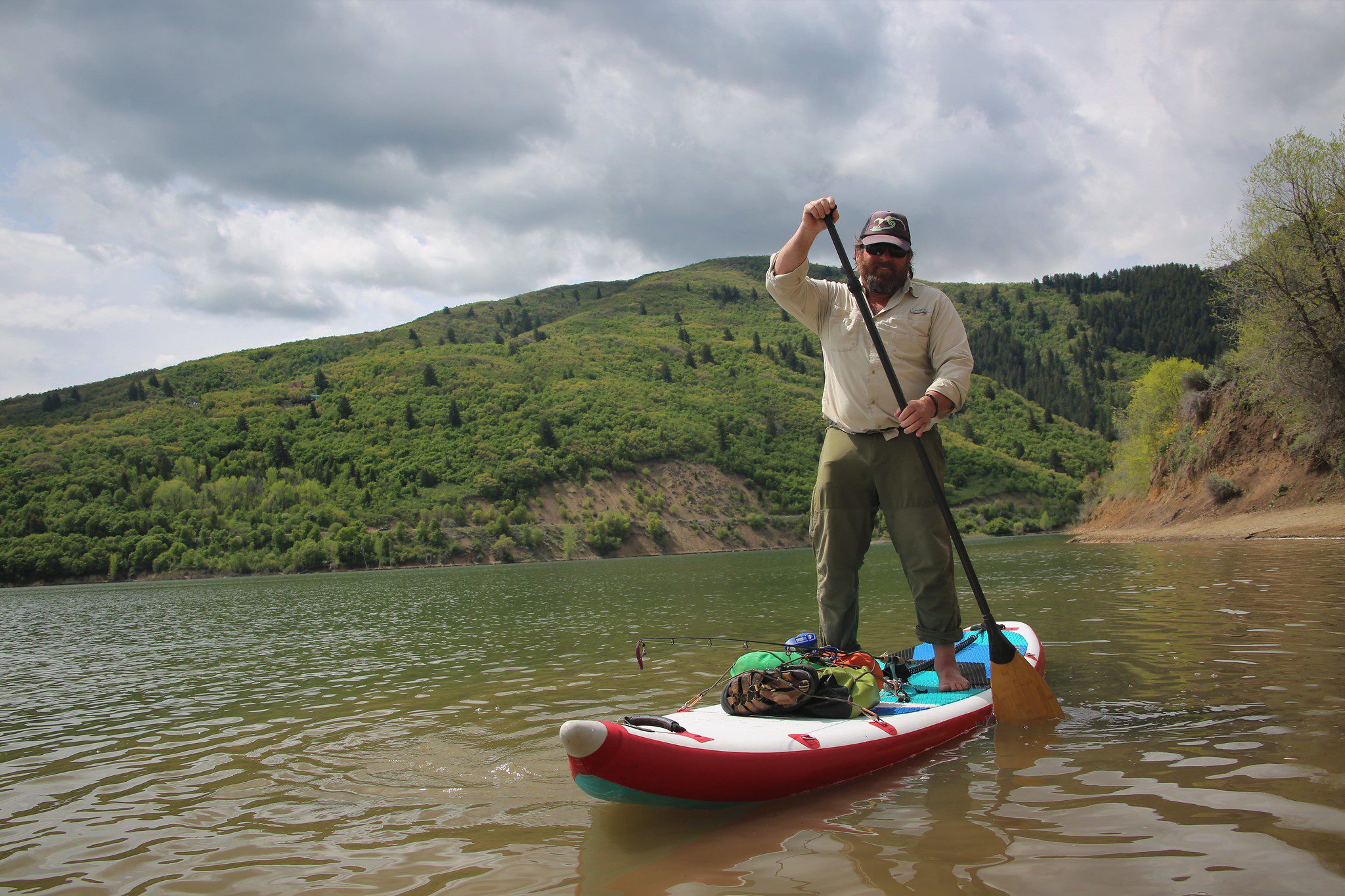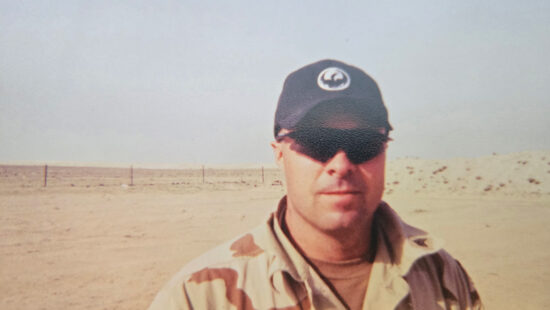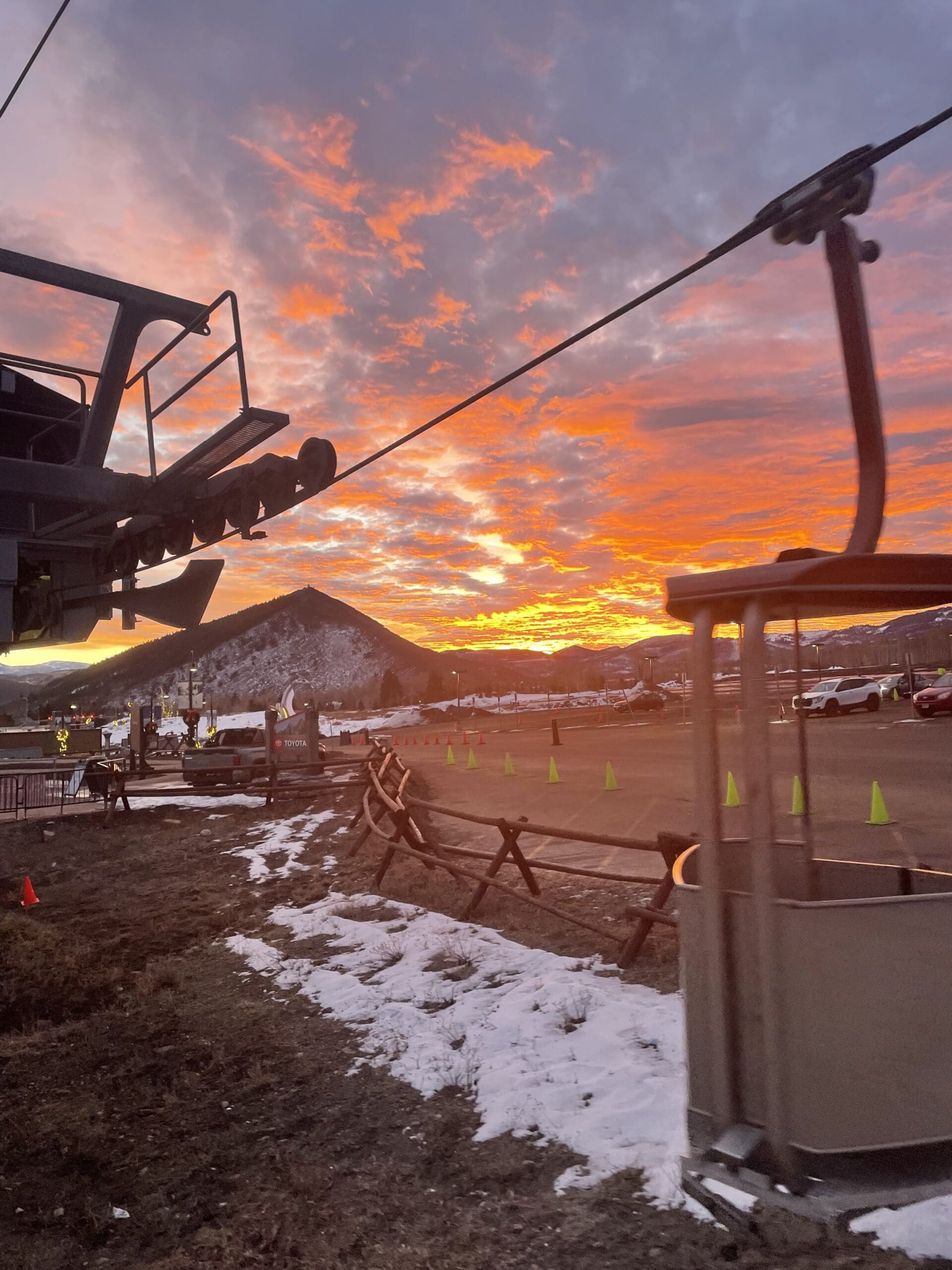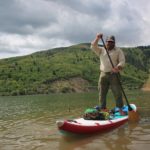Community
What Just Happened? Park City’s Top Stories of 2020
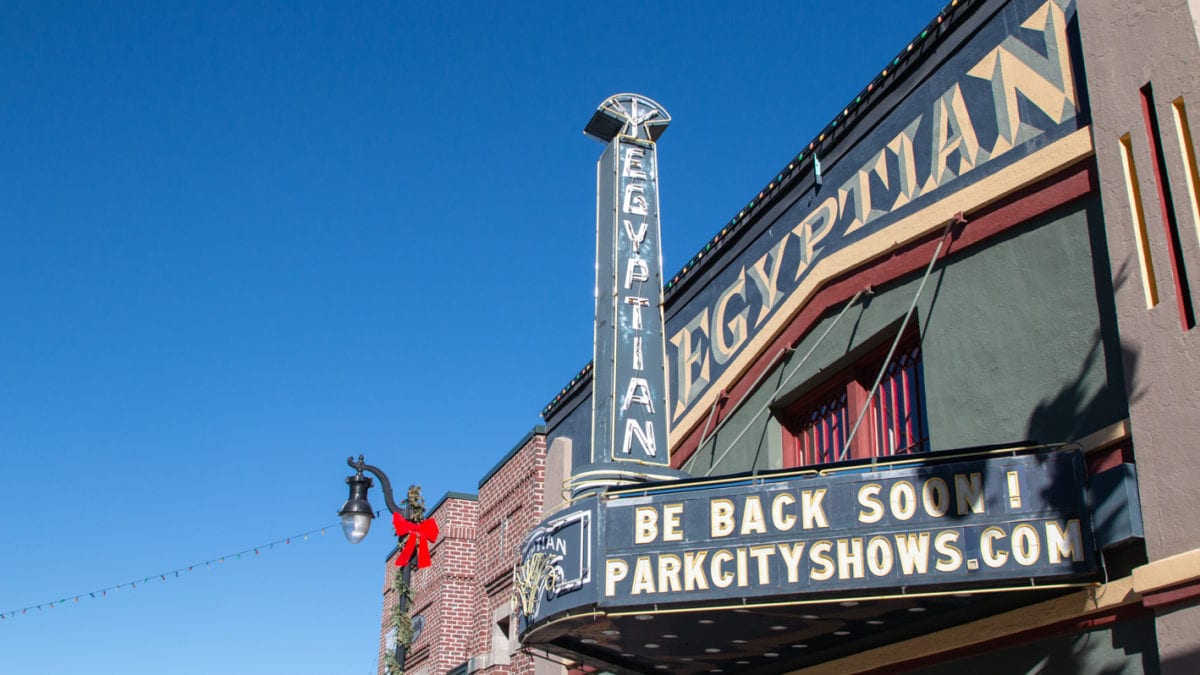
The shuttered Egyptian Theatre Photo: Photo by TownLift
1. The Pandemic Wrecked Everything…
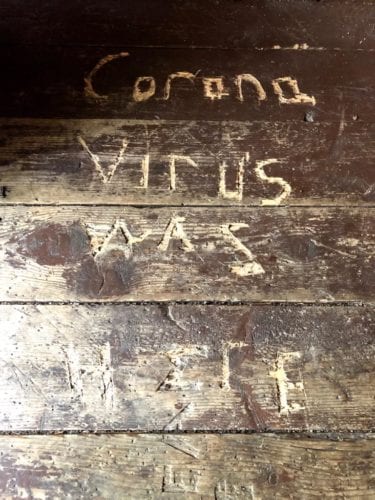
The “Sundance flu,” as some locals called it last February (an eternity ago), brought an early and bright spotlight to Park City when the Covid-19 pandemic hit the United States. Film festival attendees had traveled mostly by airplane from around the globe to Park City – and had packed like sardines together to watch movies, listen to live music, hear lectures, and eat, drink and party.
For a brief period last March, Summit County was considered a national epicenter of the virus in terms of case counts. That designation, of course, quickly moved to New York City. But the economic toll of the months-long shutdown in Park City’s tourism-based economy was a frightening jolt to residents, particularly those working in the service sector without benefits or insurance.
Organizations such as the Park City Community Foundation raced to provide emergency relief to people and families whose income evaporated overnight, and who were unable to pay for necessities like rent, food and medicine.
Residents lent a hand too, often from their couches, making donations and buying gift cards to help local restaurants and coffee shops stay afloat. As spring turned to summer, the city’s beloved summer events and activities – which had been increasingly contributing to the local economy in recent years – were cancelled. No Park Silly. No outdoor concerts. No 4th of July parade. The blows kept – and keep – coming.
The full effect of the shutdown, which must take into account not just economic losses but harm to student educations as well as citizens’ mental and physical health costs, may be incalculable.
2. …Except the Real Estate Market
Unsurprisingly, they found us. As Park City residents relished the open space and outdoor living that eased the pain of the shutdown, word got out. Trucks rolled into town from everywhere. Around the country and beyond, people whose work had become remote, in many cases permanently, decided to say goodbye to the high rents and tight quarters of larger cities, and give Utah a try.
The Wall Street Journal reported in the fall that Park City’s real estate market had its busiest and most lucrative summer selling season ever, with sales of homes priced over $2M up more than 50% from the previous summer, and prices skyrocketing.
In the summer frenzy, many homes sold for all-cash offers significantly above their list prices, according to the Journal article. The arrival of so many newcomers in a short period of time led some longtime residents to take to social media and community forums and decry increased traffic, decreased affordability and an aura that some said was losing its mountain charm.
The debates continue about the price of growth in a small, desirable community. How is it best managed? Is it possible to absorb large numbers of newcomers in a way that builds on, rather than detracts from, what those already here cherish?
It’s a question facing the entire state, as Utah has ranked first in the nation in population growth this year: according to the U.S. Census Bureau, the state’s population grew by more than 15 percent in 2020..
3. Speaking of Growth, What’s up with Hideout?
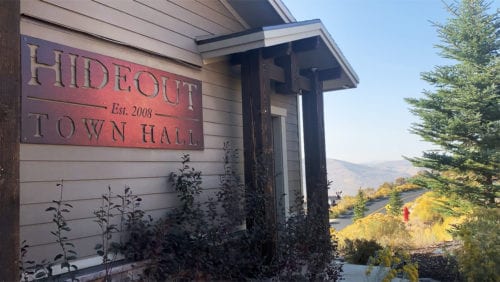
Hideout is a small town situated around the Jordanelle Reservoir in neighboring Wasatch County. It is rich in high-end new homes, but bereft of basics like grocery stores, gas stations and coffee shops. The need for services led Hideout town officials to seek to annex, meaning take over for their own use, 655 acres of Summit County land for a development project that would include commercial and retail amenities.
Hideout has an A-lister helping out with its plan in developer Josh Romney, aka Senator Mitt Romney’s son. But the land Hideout wants to annex is a piece of nature that has been long officially protected by local proponents of open land and sustainable development.
Hideout was able to try to annex Summit County land without Summit County’s consent due to a piece of statewide legislation that was swiftly – and without public input – passed last year, then repealed this year when it came to light that language had been inserted into it specifically to enable Hideout to annex Summit County land.
Amid cries of bad faith negotiating and legislating and lack of community input, Summit County and Park City sued Hideout, and the legal battles gained steam. Romney and his partner in development, Nate Brockbank, scaled the project down by nearly half, and negotiations, legal and otherwise, are ongoing. For now, no one is getting a Starbucks over there anytime soon.
4. The Tony Hsieh Era: a Brief, Spectacular Stint
When the former Zappos CEO rolled into town with an entourage of black buses, Park City was curious. Tony sightings and stories filled social media and local platforms. The lack of Covid-safe protocols Hsieh and friends exhibited alarmed some residents, but service sector workers were employed once again thanks to Hsieh’s deep pockets and taste for throwing bashes.
Real estate agents, who shared stories of home sale offers of $1M cash over asking price, said they could hardly keep up with demand from Hsieh and his associates. Hsieh spent an estimated $50M on homes earlier this year, and rumors swirled that he planned to get involved in community development here the way he had in Las Vegas, where his cash and energy contributed to a major revitalization of areas of that city.
Hsieh’s death Nov. 27 from injuries sustained in a Connecticut house fire was a tragic cap on a breathtaking series of events to hit town this year. Sales on the homes he bought here had all closed before his death. As Hseih didn’t have a will, the homes are likely to gradually go on the market again as his estate is sorted out by his family.
5. Looking Ahead: A Year Without Sundance
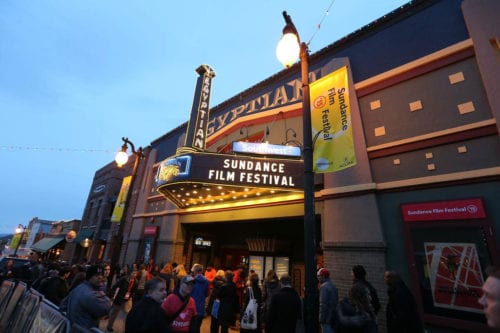
Yes, Summit County succeeded in getting its Covid-19 numbers under control, and deaths and hospitalizations remained mercifully low here. But the pandemic was not finished with us yet. The cancellations are continuing into 2021, with Sundance Film Festival announcing first that events would be drastically scaled back, with a more robust virtual presence, and then later that all in-person events were canceled.
The economic toll of the festival’s absence may have a yearlong ripple effect on Park City’s economy. Last year, Sundance generated $182M in economic impact statewide, according to the most recent annual report from The Sundance Institute. This year, that number is expected to be roughly…zero.
In a year that seemed to just not stop giving us things we didn’t want, the absence of a 2021 Sundance Fim Festival on our streets feels like a parting blow.
2020, don’t let the door hit ya. Or go ahead – let it hit ya.
Appreciate the coverage? Help keep Park City informed.
TownLift is powered by our community. If you value independent, local news that keeps Park City connected and in the know, consider supporting our newsroom.















